Childhood of Ivan the Terrible
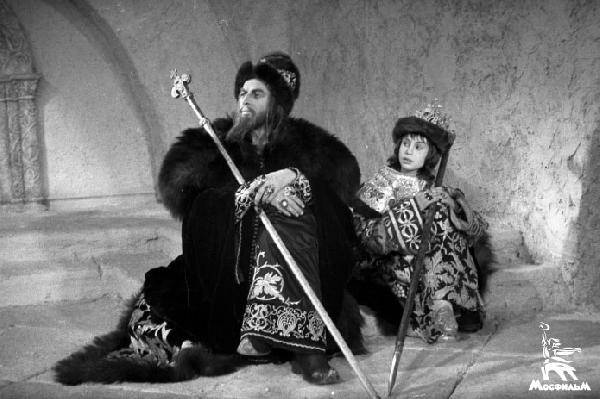
In the era of digital technology and the Internet, any information and video is rapidly spreading around the world. You can follow the life of a person who is not personally known to you by finding his page on social networks.
And in order to learn about the pranks of a person in childhood in the Middle Ages, one of three conditions had to be observed: it was necessary
1) be a participant in events;
2) be aware of the words of the person himself;
3) obtain information from a reliable source.
Ivan the Terrible is one of the greatest rulers of Russia, whose life, struggle and service turned out to be slandered.
The king from the Moscow principality created a state that became larger in area than all other European countries combined, the population growth was 30–50%, he carried out many reforms, founded 155 cities and fortresses, 300 post stations, laid the foundation for book printing, created printing houses, six general education schools, etc.
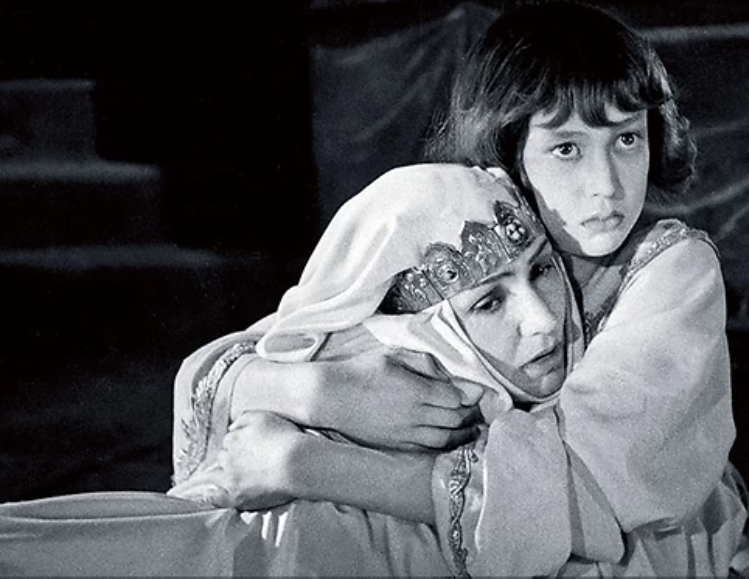
Under the leadership of Grozny, several hundred kilometers of the notch line were built up. Zasechnaya line - a defensive complex of fortified cities, watchtowers, engineering structures, ditches, ramparts. We can say that it was a Russian analogue of the Great Wall of China, but built not of stone, but of earth and wood, which in some areas reached 15 meters in height.
V. G. Manyagin describes the significance of the construction completed under the leadership of Grozny as follows:
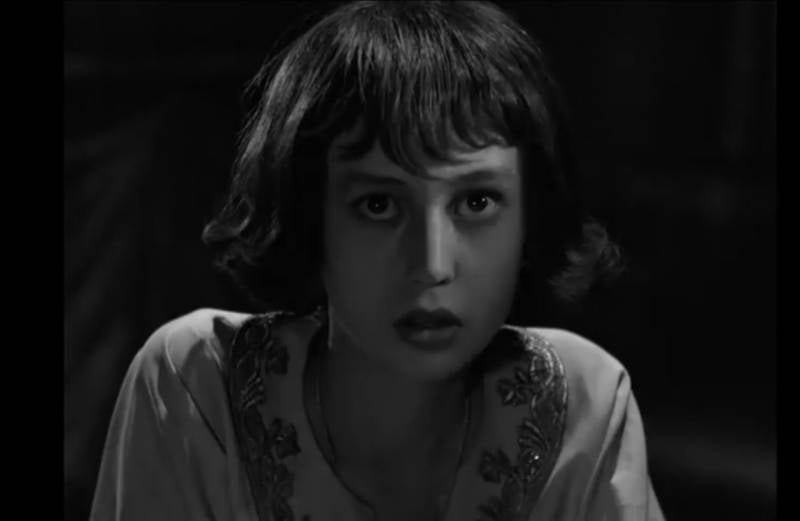
The author of several books about Grozny, V. G. Manyagin, describes those whose libels formed the basis of the biography of the first Russian tsar as follows:
Let's add Albert Schlichting to this list.
About what the fugitive Prince Andrei Kurbsky was, the author previously published an article in the Military Review [3]. The childhood of the tsar was described by Kurbsky. There are two important points to note here.
First, Kurbsky did not have the honor of knowing Grozny as a child, and, accordingly, could not be aware of what did not exist.
Secondly, he wrote his slanderous libels after a treacherous escape to a foreign land to the Polish king Sigismund, the sworn enemy of the Muscovite kingdom.
He took up the pen for several reasons. First, solely for the purpose of justifying oneself, then - when it was necessary to gather enemy troops in different years, allegedly for a "liberation campaign against Rus'" against the "oppressor-tsar".
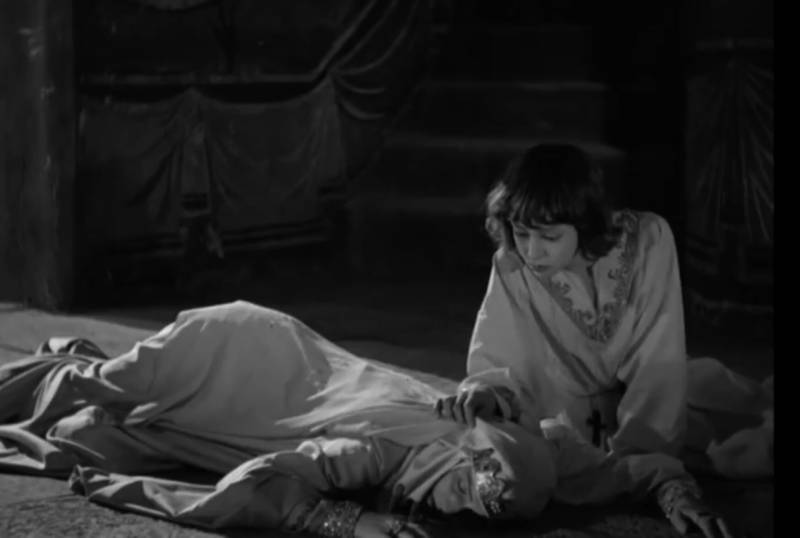
Grozny's real childhood, according to other sources, was completely different.
V. A. Mazurov gives the following information:
Kurbsky's description of young Ivan's behavior repeated by Karamzin seems to be his invention, or Kurbsky transfers his childhood habits to Ivan. And there are reasons for this. The Polish historian K. Valishevsky writes that the Polish gentry, the neighbors of Kurbsky's possessions, received by him from the Polish king for special merits, complained to the king about his licentiousness and cruelty, dismissive attitude towards people.
John Vasilievich already in the years of his reign did not hesitate to communicate with ordinary people. During rest, on campaigns or on a pilgrimage, Ivan participated in village work and holidays, for which Kurbsky condemned him. The pre-revolutionary historian I. D. Belyaev, a researcher of peasant life in Russia and Russian legislation, noted that the position of the peasant in Russia had never been better than under Ivan the Terrible.
Hence the love of the people for him.
Kurbsky was hated even by his Polish neighbors - the gentry. He, hating the Russian Tsar and dreaming of the Principality of Yaroslavl, was ready to lay down (and put) on the altar of ambition thousands of lives of Russian people, and many Polish ones too.
And, nevertheless, the fabrications of the traitor Kurbsky about Tsar Ivan Vasilyevich were spread by Karamzin and a number of other Russian and Soviet historians. They are presented to schoolchildren in Soviet and Russian textbooks as real facts” [4].
Historian V. E. Shambarov explains the meaning of the word “fun” in the Middle Ages: “If we carefully read the chronicles, we will see that “fun” meant only hunting. This was the only entertainment that Ivan Vasilievich left for himself. The sovereign's hunts were both recreation, and sports activities to maintain health, and military training for his squad" [5]. Here is the answer to the question about the king's childishness.

But the childhood of Ivan the Terrible and his younger brother Fyodor was really difficult. They grew up in an atmosphere of constant intrigue, threats to life, humiliation. In addition, according to the memoirs of Grozny himself, they simply forgot to feed him and his brother, they were poorly dressed.
Metropolitan Macarius played an important role in the life of Ivan IV.
The Metropolitan was a spiritual authority for the Orthodox Church, a person with high moral and moral qualities. He was a trustee of the first literaryhistorical encyclopedia "Great Honored Menaia" in 19 volumes (13 pages). "Cheti" - from the word "reading", "Minei" - a book for worship. As historians write, "Great Menaion" was a spiritual, historical, literary encyclopedia.
Macarius appeared in the life of little Ivan when he was about 12 years old. The Metropolitan replaced the boy's father and took up his education. The future head of state was a gifted, inquisitive, thirsty child. The teacher was not only Macarius himself, but also diplomats and military men. Ivan was taught the Bible, church history, Russian chronicles, and the history of the Byzantine Empire.
Military education in theory and practice was compulsory. In practice, they taught to wield a bow, sword, knife, spear; trained to fight both as an infantryman and as a rider. Diplomatic workers of that time were called embassy workers. They introduced Ivan to the life, way of life, history of other states, taught the Greek language. In addition, from childhood, the boy was taught to participate in church services and receptions.
In many chronicles, chronicles of the XNUMXth century, books of historians, it is indicated that Ivan Vasilyevich was not only one of the most educated monarchs, but in general one of the educated people of his time. Few people know, but he was a writer, the author of stichera. Stichera are spiritual chants. Rodion Shchedrin wrote music to Grozny's words.

Walishevsky wrote:
V. A. Kobrin:
The memory of the king is striking. He is clearly quoting Scripture in extensive excerpts by heart. This can be seen from how the biblical quotations are given close to the text, but with inconsistencies characteristic of a person reproducing the text from memory.
It seems that the combination of great natural abilities, intellectual and literary talent with lust for power contributed to the development in Tsar Ivan of a certain “fullness complex”, superiority over miserable “little people” who do not know what the tsar knows, who is not able to express their thoughts the way the tsar can. Not only from here, but, perhaps, from here also came the tsar's deep contempt for people, the desire to humiliate their dignity" [7].
Historians who hated him were forced to admit his education, erudition, but with all this, in the following lines they made it clear that they had an extremely negative attitude towards him.
I remember the performance at the Olympic Games by gymnast Alexei Nemov. Despite the superbly executed complex program, the judges gave low scores. The whistling of the stands and applause for Nemov forced the refereeing team to reconsider the scores. They raised the points, but in such a way that the Russian athlete could only claim third place. More raging spectators appeared in the stands, but the athlete thanked them with a hand gesture calling for silence and with a brush to his heart.
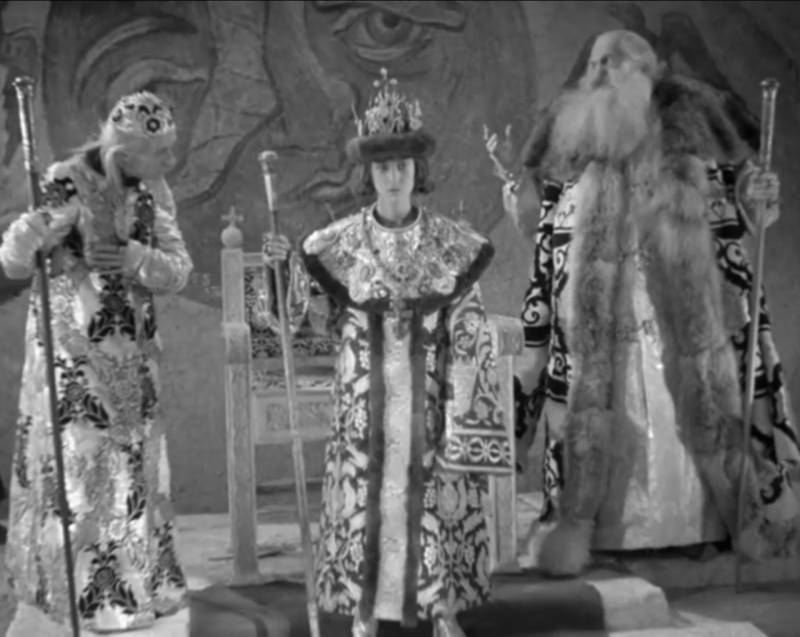
Same with Grozny. Historians had to recognize his erudition, because there is a lot of evidence for this, just as the judges were forced to recognize the superiority of Nemov, but gladly deprived him of the gold medal.
The lies that were in the books of traitors and spies, supplemented by liberal historians, migrated to the screens. The creators of the series further denigrated and distorted the ministry of the king. Unfortunate filmmakers did not pass by childhood and adolescence, where they thought of showing him as a rapist.
In refutation of this, it is necessary to pay attention to the following facts.
First, Metropolitan Macarius could not allow his disciple to run amok on the streets of medieval Moscow.
Secondly, the boy simply had no time to misbehave, because he was studying. He grew up as a deeply religious and God-fearing person, he participated in worship services for many hours, therefore he could not perform such deeds.
His deep faith is also evidenced by the fact that Ivan Vasilyevich from childhood often and for several months went on a pilgrimage to holy places. This is described by the historian B. N. Florya [8]. Traveling along medieval roads is difficult to compare, even with what seems to us a difficult nine-hour flight from Moscow to Khabarovsk. Either a thaw, or a mudslide, or a snowstorm, or mosquitoes in the summer heat ...
In addition to all this, he sat at diplomatic receptions. If you add it all up, he was loaded except for the time when he slept.
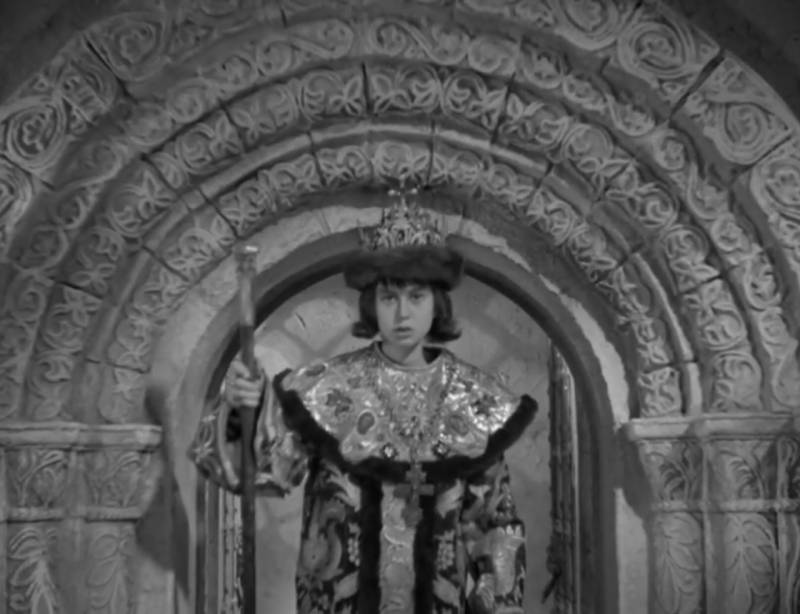
I will give two excerpts from B. N. Flory's book. Excerpt #1:
Excerpt #2:
After the murder of Grozny's mother, Elena Glinskaya, power passed from the hands of one clan to another [9].
N. M. Pronina writes:
“In 1540, the Shuiskys were pushed aside from power by the princes of Belsky. The head of the party, Ivan Shuisky, was exiled to Vladimir. But in January 1542, the “blooded Rurikovichs” revolted again and, having brought several Vladimir noble regiments to Moscow, drove the descendants of Prince Gedemin out of the Kremlin. Ivan Belsky strangled. Moreover, in the dead of night, having robbed the sovereign’s chambers, the Shuiskys with their people, in front of the awakened boy, almost killed the head of the church, Metropolitan Joasaph, who had come there shortly before to seek protection, hoping that even here, next to the king, he would not be killed. touched. Is this not the clearest example of how little the personality of young Ivan meant to them? [10].
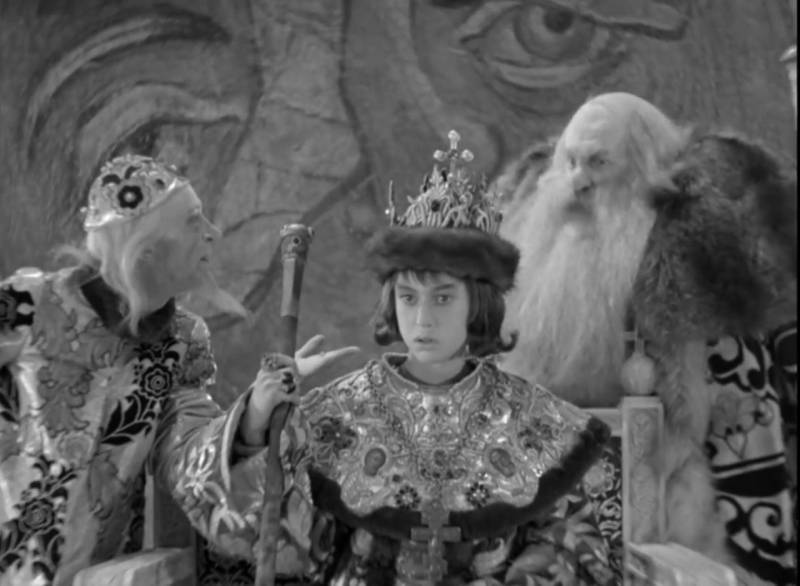
According to the libels of A. Kurbsky, the young Ivan was accused of murdering the head of the Shuisky clan. The historian Radzinsky interprets this episode as follows: “The wolf cub grew up and showed his temper ... and only the purely selfish feelings of the robbed owner then gave rise in Ivan to an unbearable desire for revenge, a desire to regain the stolen power from him.”
K. Valishevsky considered that Ivan became what the boyars around him were, because he did not see another example in front of him: “Thanks to the deeds of the boyars, the spirit of violence in various forms took possession of the imagination and feelings of the young man, penetrated into his flesh and blood. In the atmosphere of the struggle for power, the future despot was ripening - vindictive, extremely nervous, quick-tempered and tough. Already in games and amusements with comrades, whom, by the way, others chose for him, Ivan showed inhumanity, which, however, reigned in the environment that surrounded him. People were tortured before his eyes; he was not yet able to do this and limited himself to animals. It was a great pleasure for him to throw dogs from the high towers of the palace and look at them with death convulsions. He was not only not prevented from indulging in such amusements, but even encouraged. Soon the turn was to come for the people. Ivan was already at the age when he could be quite conscious of his position. He saw people around him who dared to constantly insult him; plundered his treasures and quarreled over them among themselves. Ivan was soon to draw his own conclusion from all this. In September 1543, he allowed Vorontsov to be exiled, but already in December he ordered his dogs to seize Andrei Shuisky himself. The servants obeyed and even overdid it - they strangled the boyar, instead of sending him to prison. Ivan decided that it was done well. Everyone understood that a change had taken place in Rus'. If the government has not changed, then the sovereign has changed” [11].
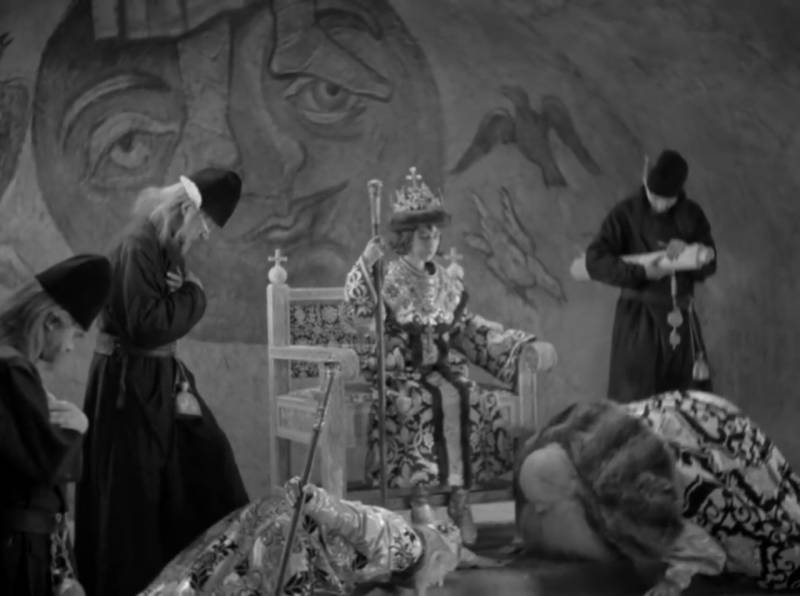
After reviewing the opinions of other historians, the conclusion suggests itself that the thirteen-year-old Ivan could not give such an order to tear a man to pieces to the kennel, because he did not have any power and authority. The historian Smirnov writes that Metropolitan Macarius gave the order to arrest Andrei Shuisky so that the confrontation between the two most powerful clans would not lead to an internecine war within the country.
The version of the historian Manyagin is as follows:
We can find information from Natalya Pronina that the thirteen-year-old boy Ivan was not in Moscow at all at that time, and he could not give the order to arrest Shuisky: Macarius, having withstood the daring attack of the boyars, did not allow them to repeat what they had done in January 1542 against Metropolitan Iosaph. From now on, he decided to take all the responsibility only on himself. And most importantly - responsibility for the sovereign, who had to be prepared to take power over the country. Already on September 16, 1543, that is, only a week after the unrest in the Duma, the metropolitan sent the young tsar from Moscow. His absence dragged on until the very winter ... Officially, it was a pilgrimage trip to the Trinity-Sergius Monastery " [13].
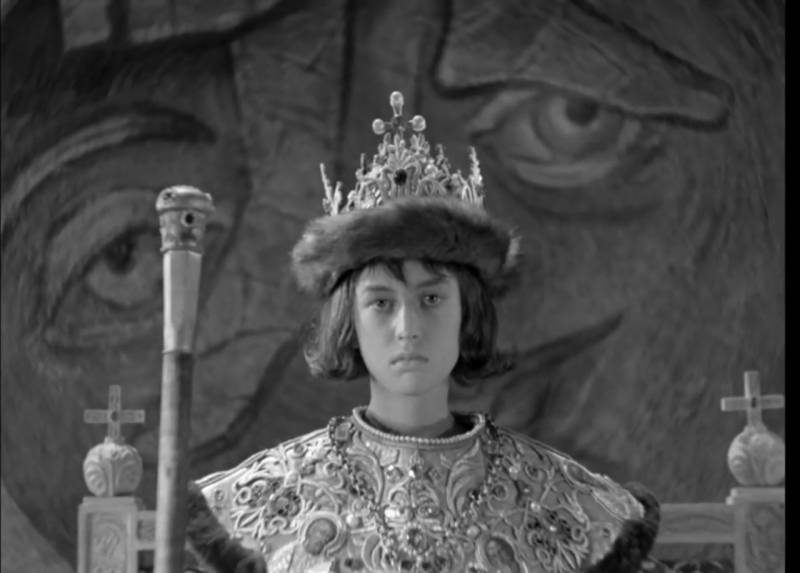
The historian cites the information of the nobleman of the times of Catherine II, M. M. Shcherbatov, according to which Ivan “went further to Volok and Mozhaisk” from the Trinity Monastery. He also cites the information of I. I. Smirny that “it was during that departure of Ivan from the capital that “what happened on December 29, 1543” was “predetermined”, “this stroke better than many others reveals the true leaders of the young Ivan IV, pointing to the role of Macarius in the overthrow of the Shuiskys.
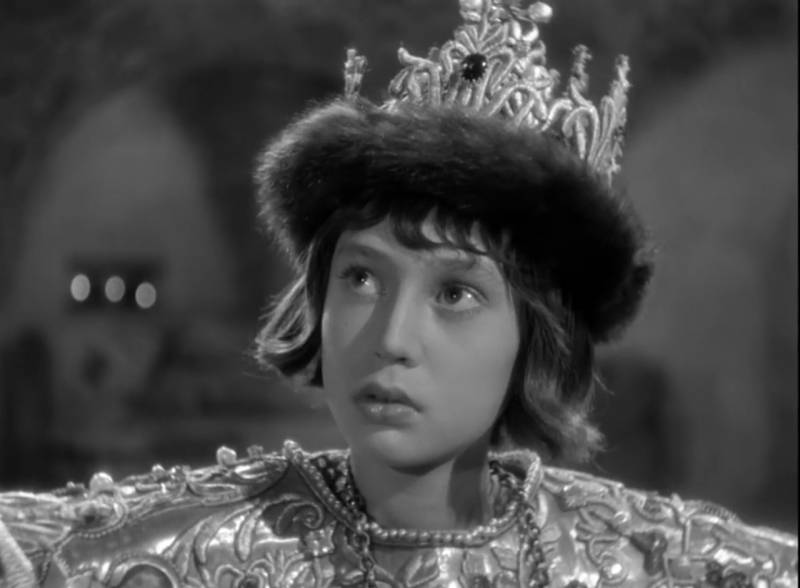
It's a completely different picture, isn't it?
Let's turn to Wikipedia for a short note about Andrey Shuisky: “Prince Andrei Mikhailovich Shuisky (year of birth unknown - 1543) is a Russian statesman. Son of Prince Mikhail Vasilyevich Shuisky, grandfather of Tsar Vasily Shuisky (1606–1610). In 1524 - governor on the Ugra. In 1528, with his brother Ivan Shuisky, he intended to make a career ("departure") from Prince Yuri Dmitrovsky. Voivode of the regiment of the right hand in the army of Vasily Shuisky the Mute and Ivan Vasilyevich Shuisky on a campaign to Nizhny Novgorod. In 1534, after the death of Vasily III, he was again going to "depart". By order of Elena Glinskaya, he was thrown into prison and released only after her death in 1538. Governor of Novgorod (1539–1540) and Pskov (1540). He proved to be a cruel and greedy administrator. Returning to Moscow, he led the struggle for influence at court. After the death of Ivan Vasilyevich Shuisky and the murder of Ivan Belsky, he became the head of the boyar government in May 1542. In September 1543, Andrei Shuisky and his associates, in front of Metropolitan Macarius and 13-year-old Grand Duke Ivan Vasilyevich, beat the boyar Fyodor Vorontsov.
This begs the question: could a nominal tsar in his teens be equal to such an authoritative statesman with combat experience, so much so that the young man could order the kill? And we must remember that Ivan Shuisky was the governor of Novgorod and Pskov, which were in second and third places in importance in Medieval Muscovy.
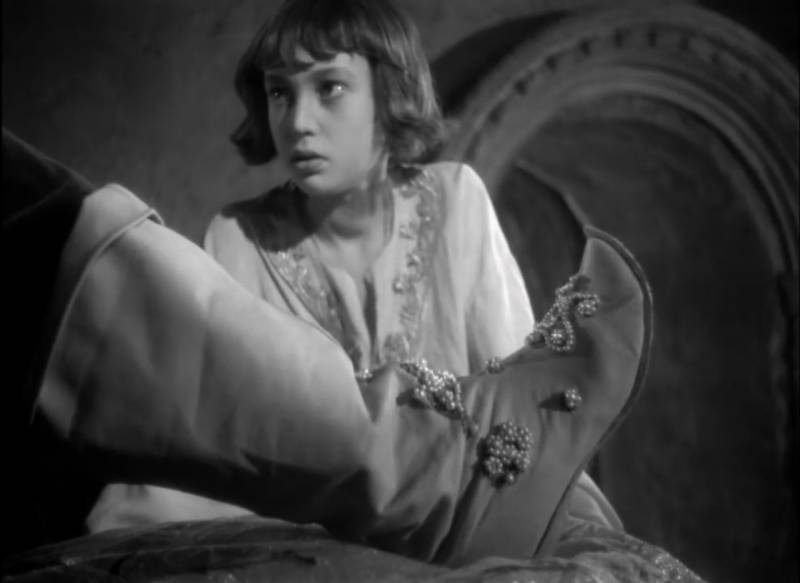
The teenage king against the background of Shuisky is like a leaf in the wind. I agree that, firstly, he did not give such an order. Secondly, the order for the arrest was given by an authoritative equivalent person or group of people. Thirdly, it is possible that Andrei Shuisky, being a military man with combat experience, decided to resist, and was killed by the executors of the arrest order.
Here is what Flora writes:
The last detail seems to indicate that it was originally supposed to imprison the boyar, and he was killed when some difficulties arose with this.
The murder of the leader demoralized the entire Shuisky group, and his supporters, without resisting, went into exile. At the same time, the murder of the boyar without trial or investigation testified that the Grand Duke and those who stood behind him were obviously convinced that they would not be able to carry out a change of power by legal means” [14].
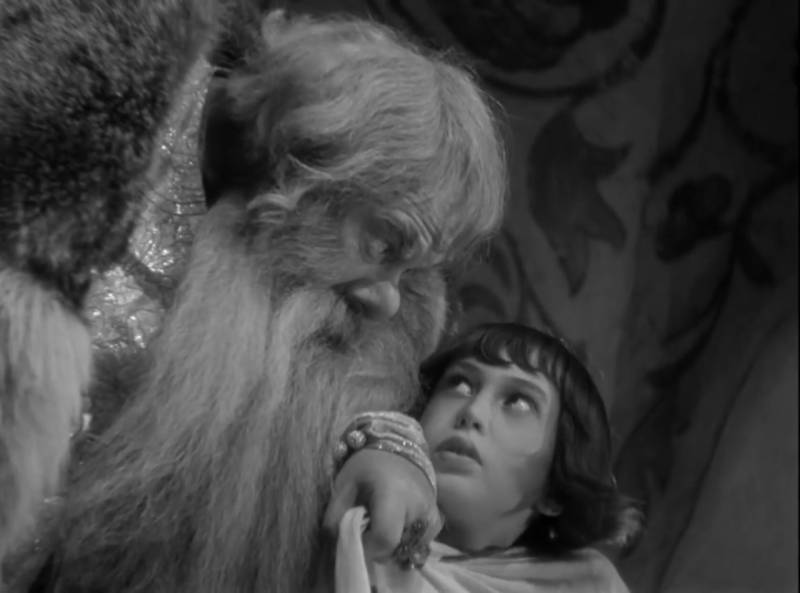
PS
For the past few years I have been studying the history of the Middle Ages during the era of Ivan the Terrible. I try to publish truthful articles about him, thereby doing everything in my power to clear Grozny's name.
Photos from the film by S. M. Eisenstein "Ivan the Terrible".
Bibliography:
[1] Manyagin V. G. Grozny. Apology of the Russian Tsar. 2021, p. 163.
[2] Manyagin V. G. The Truth of the Terrible Tsar. 2007. S. 24.
[3] Shogenova A.A. Andrei Kurbsky is a traitor who slandered Ivan the Terrible.
https://topwar.ru/213008-andrej-kurbskij-predatel-obolgavshij-ivana-groznogo.html
https://dzen.ru/a/ZBUn1arZFBokagHg
Shogenova A. A. Creative environment and patriotism, the truth about historical events, influence on minds. https://topwar.ru/204098-tvorcheskaja-sreda-i-patriotizm-pravda-ob-istoricheskih-sobytijah-vlijanie-na-umy.html
https://dzen.ru/a/Y0Jidfbg_Fr1E9Qm
[4] Mazurov V.A. Truth and lies about Ivan the Terrible. 2018, pp. 35–36.
[5] Shambarov V. E. Ivan the Terrible against the “fifth column”. Judas of the Russian kingdom. 2017. S. 54.
[6] Valishevsky K. Ivan the Terrible. Historical essay. 1993. S. 18.
[7] Kobrin V. A. Ivan the Terrible. 1992, pp. 595–596.
[8] Florya B. N. "Ivan the Terrible". Electronic edition of the book.
[9] Shogenova A. A. Elena Glinskaya - the slandered mother of Ivan the Terrible. https://topwar.ru/212110-elena-glinskaja-obolgannaja-mat-ivana-groznogo.html
https://dzen.ru/a/ZADs__kFNDffZSdw
[10] Pronina N. M. Ivan the Terrible without lies. martyr of power. Electronic edition of the book.
[11] K. Valishevsky "Ivan the Terrible" Historical essay. 1993, p. 116.
[12] Manyagin V.G. Grozny. Apology of the Russian Tsar. 2021, pp. 54–55.
[13] Pronina N. M. The truth about Ivan the Terrible. 2013, pp. 90–91.
[14] Florya B. N. "Ivan the Terrible". Electronic edition of the book.
Information